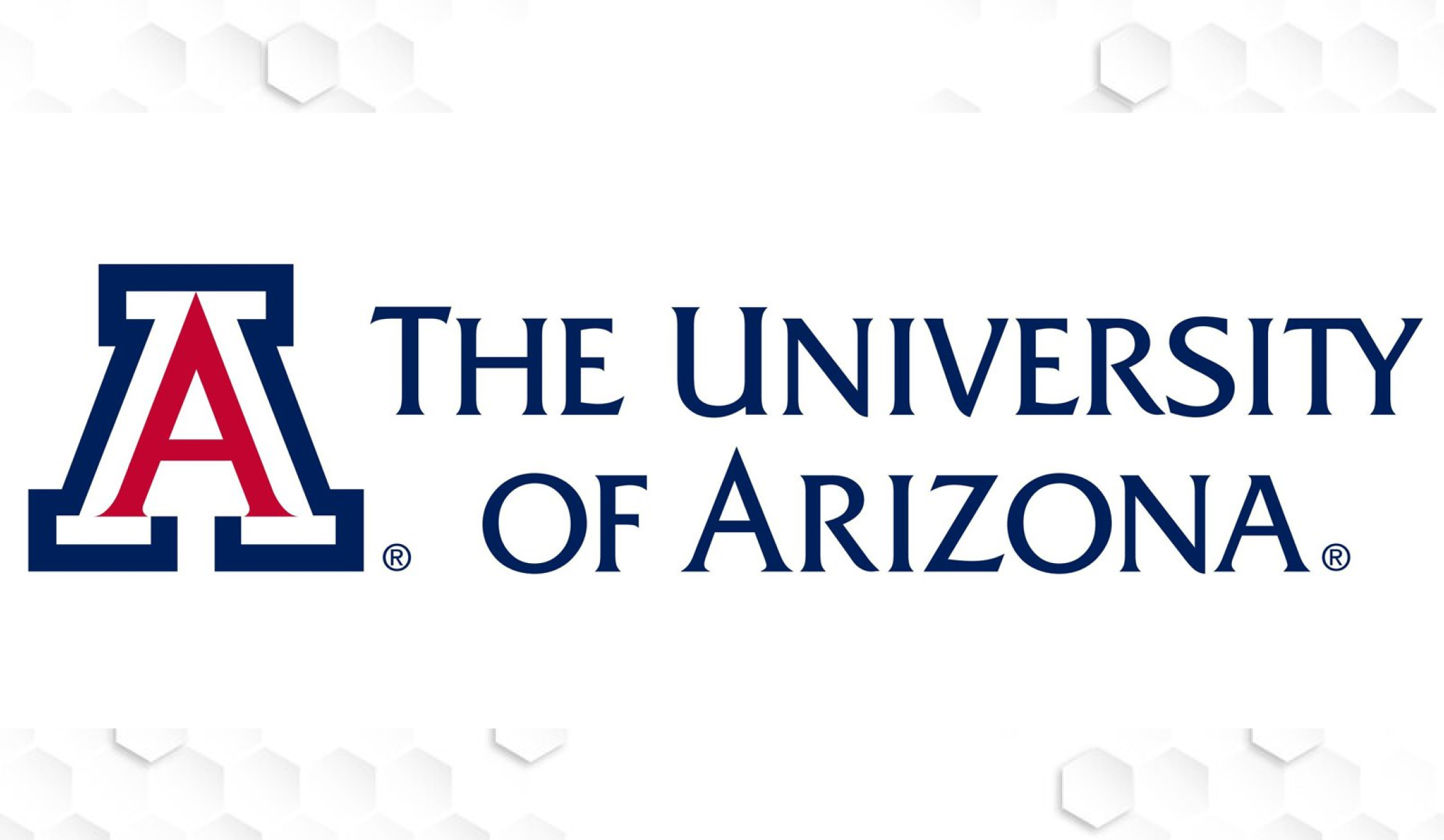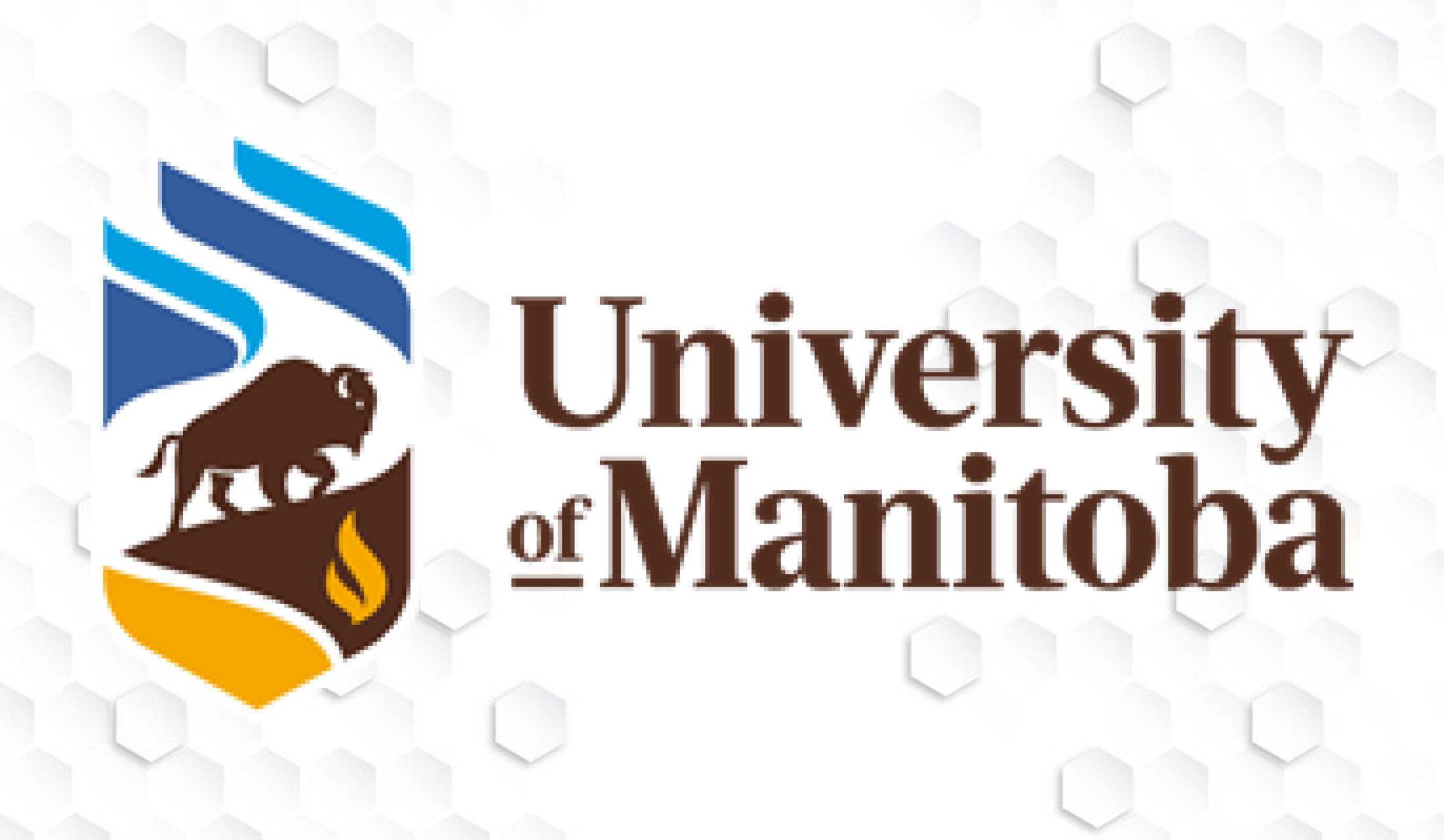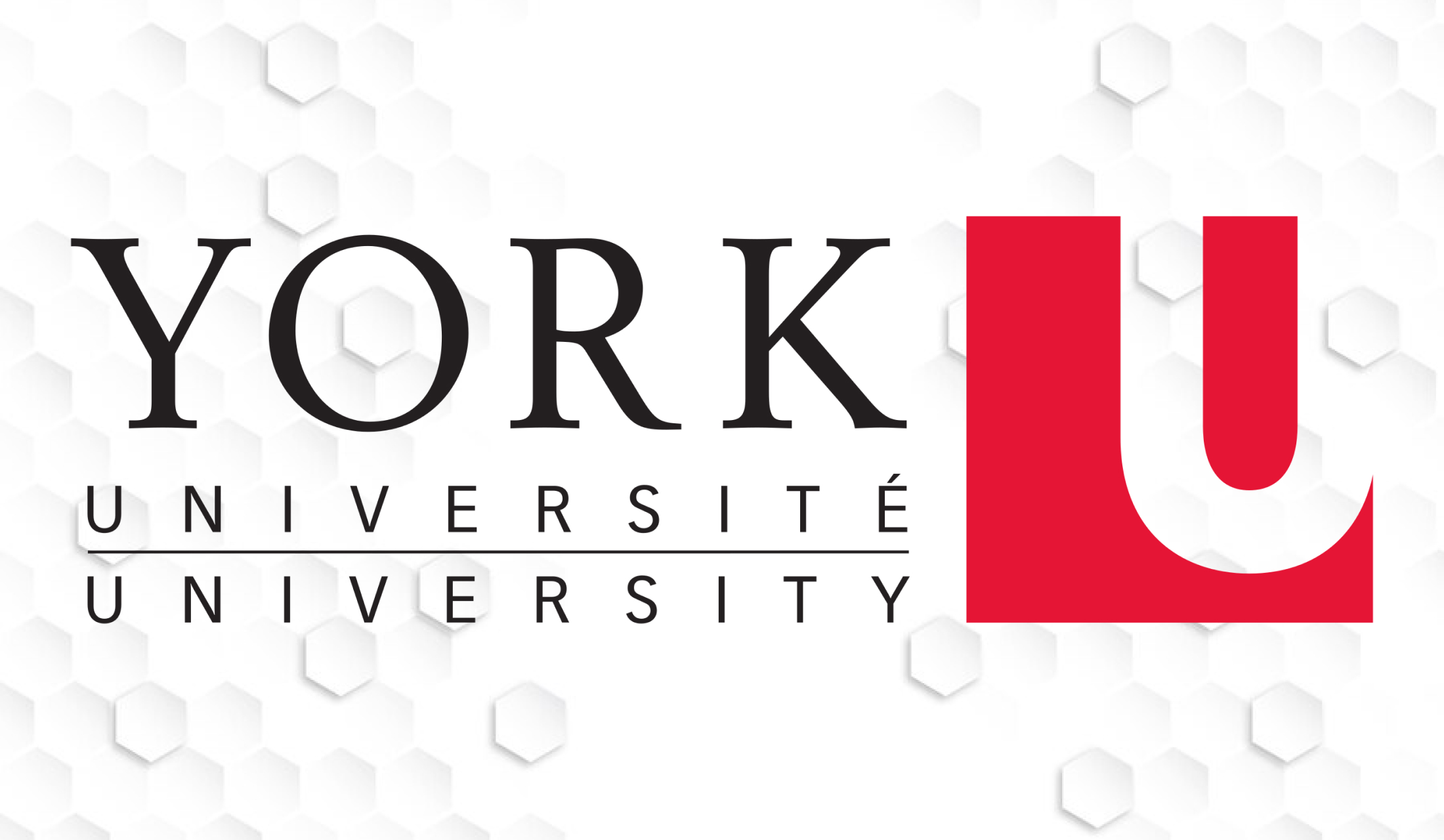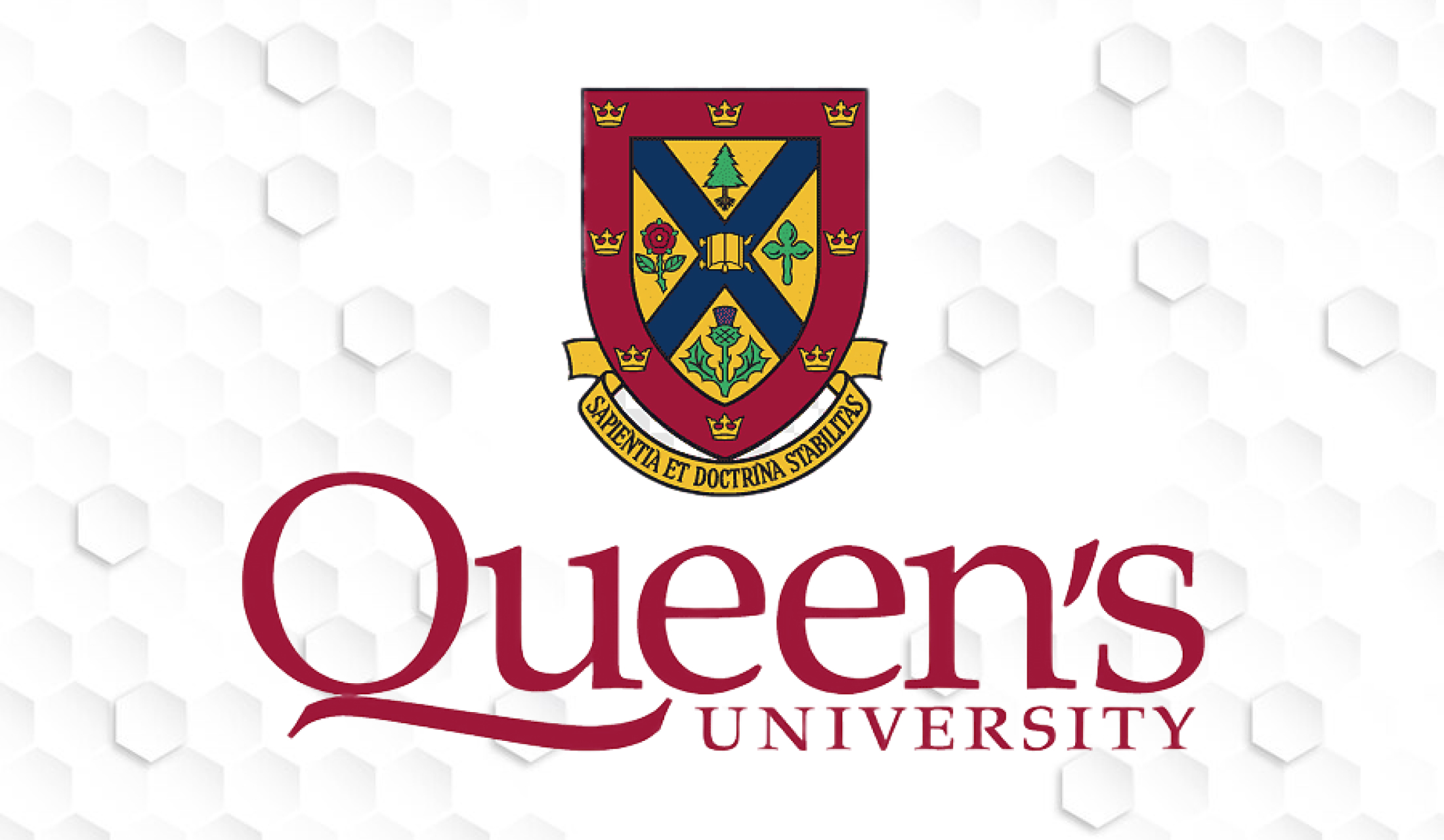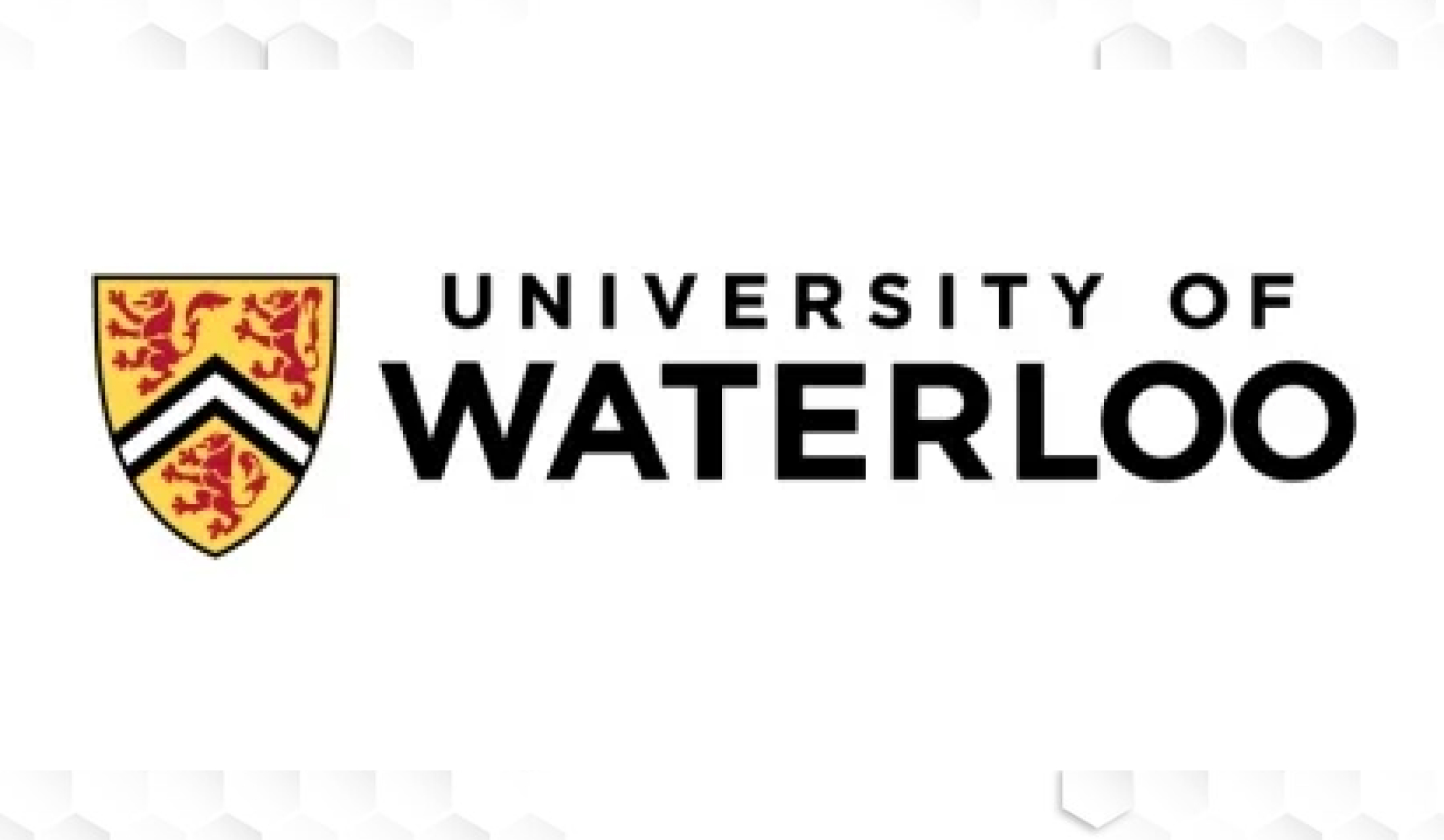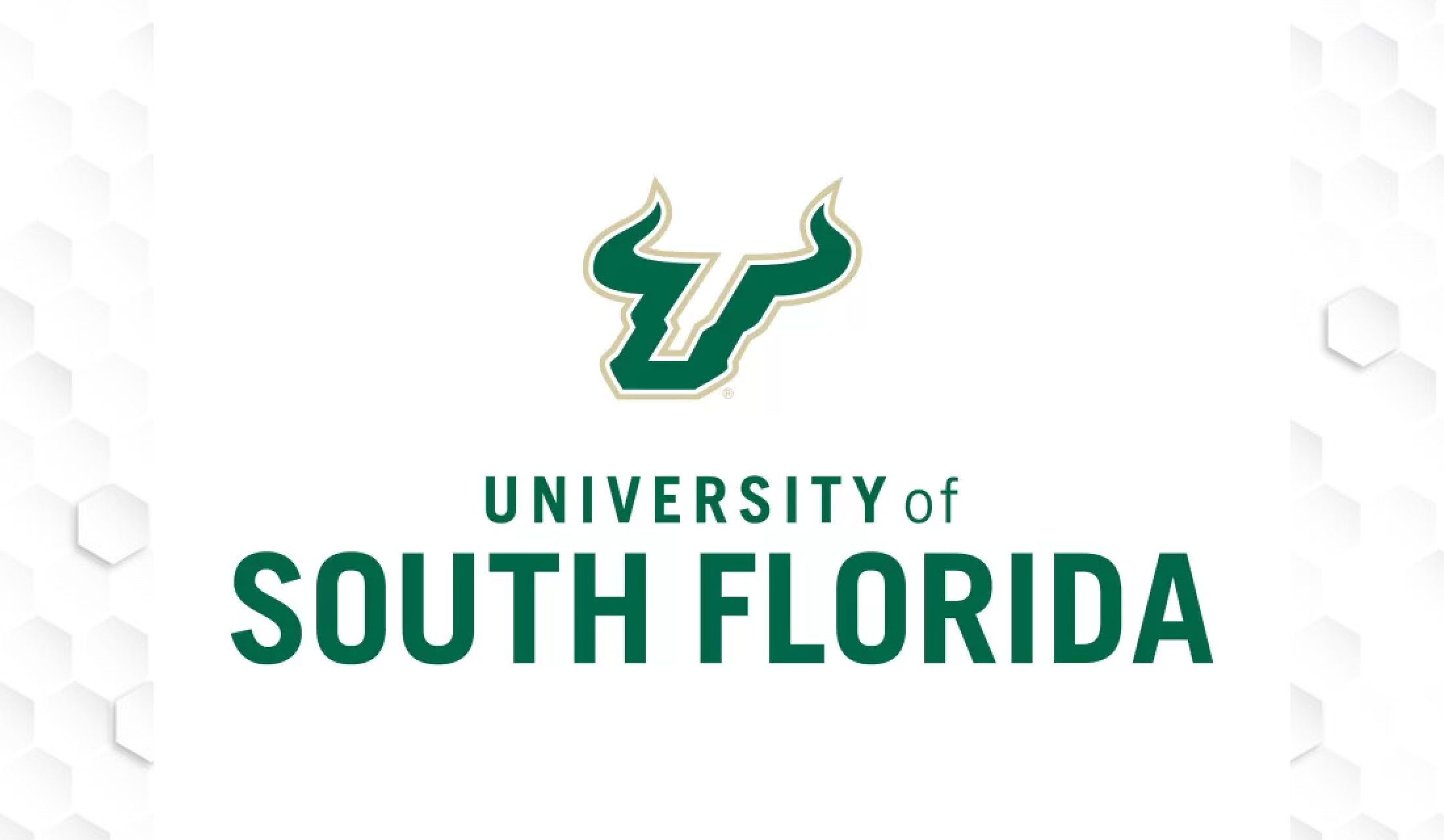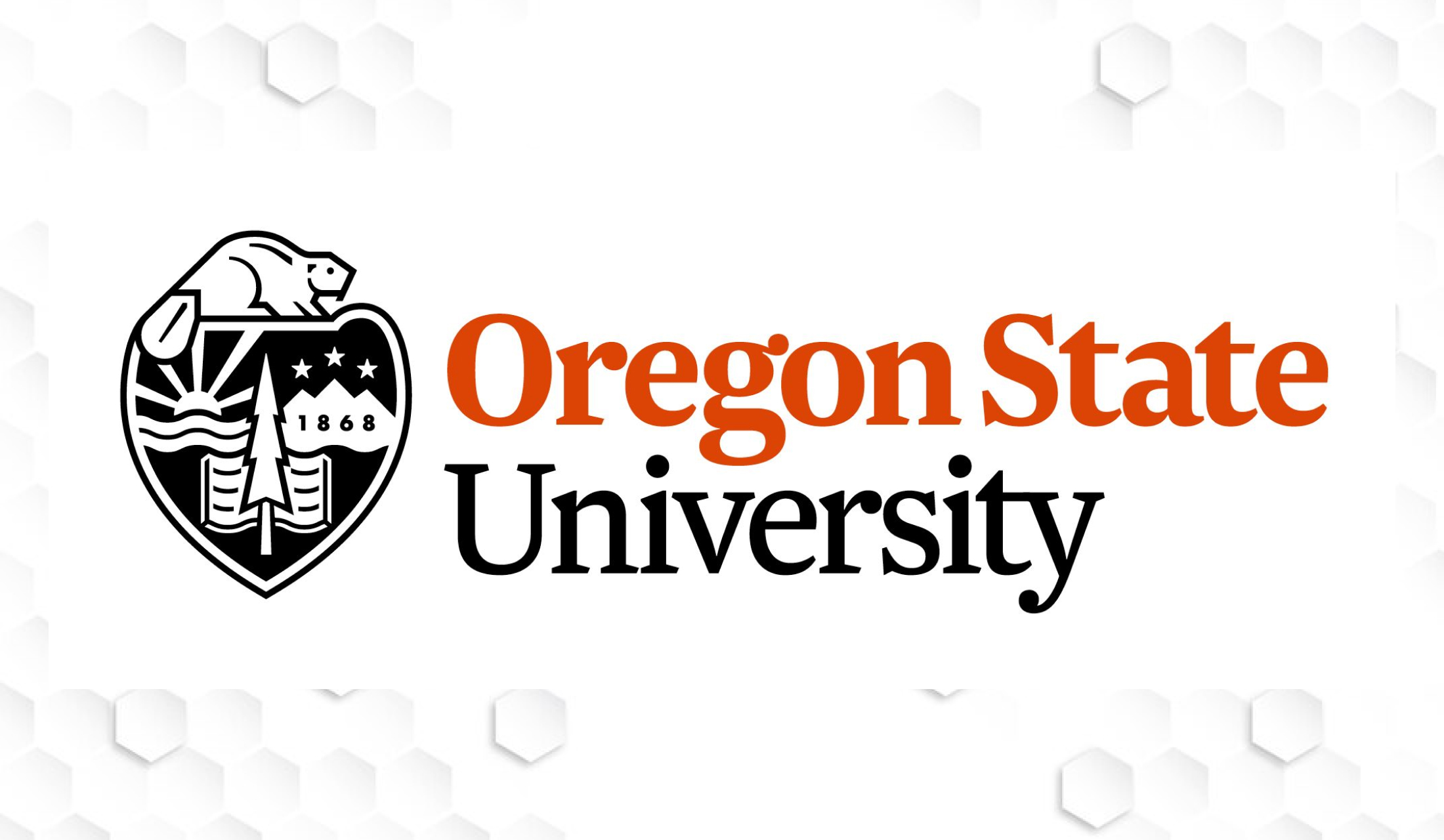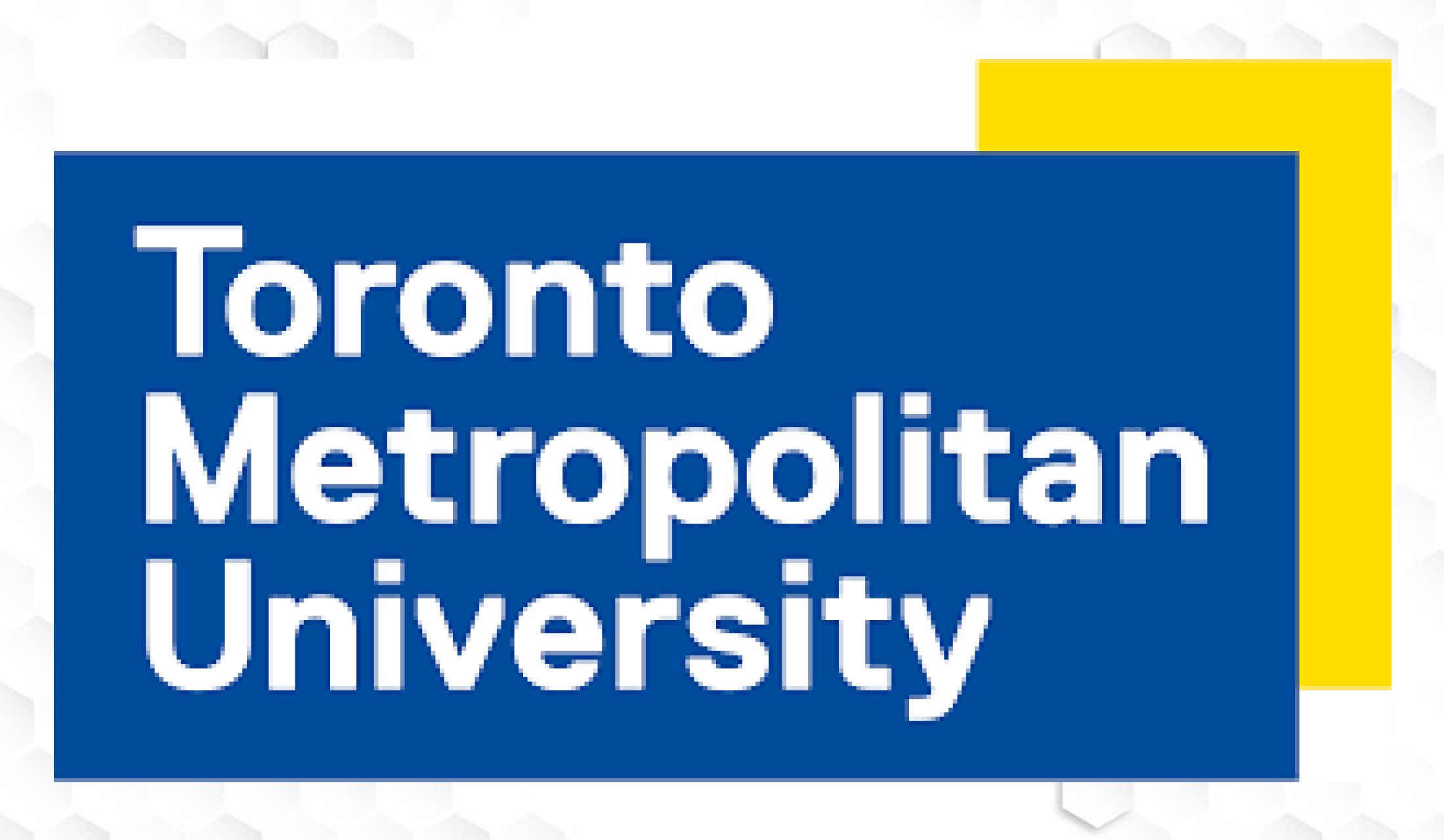Take The First Step
Whether you plan to pursue a short-term or full degree program in the Canada, Education Canada has the resources you need in.
Canada, renowned for its stunning natural landscapes, high quality of life, and welcoming
multicultural society, is an excellent choice for international students seeking a world-class
education. With its strong emphasis on research, inclusivity, and student support, Canada offers a
unique and enriching academic experience. This guide explores why studying in Canada is a
transformative journey and what prospective students should know about navigating the Canadian
educational landscape.

Why Study in Canada Eligibility to Apply
- Undergraduate: Completion of secondary education with good academic standing. Nonnative English speakers must provide IELTS or any other English Language Proficiency scores
- Graduate: A bachelor's degree or its equivalent, with a competitive GPA. Non-native English speakers must provide IELTS or any other English Language Proficiency scores.
Application Process
- Research Programs: Explore different universities and colleges that offer programs aligning with your academic and career goals. Use resources like university websites, rankings, and student reviews.
- Accreditation: Ensure the institution is recognized by relevant accrediting bodies
- Application Forms: Complete the application forms provided by the institutions or use centralized application services like OUAC (Ontario Universities' Application Centre) for Ontario universities.
- Transcripts: Provide official transcripts from previous academic institutions.
- Letters of Recommendation: Usually required for graduate programs; check specific requirements.
- Statement of Purpose: Write a personal statement or essay outlining your academic goals and reasons for choosing the program.
- English Proficiency: Most institutions require TOEFL or IELTS scores. Some programs may accept alternative proof of English proficiency.
- Fee Structure: Varies by institution, generally between CAD 90 - CAD 200 per application. Some institutions offer fee waivers.
Financial Planning
- Tuition Fees Undergraduate Programs: Approximately CAD 8,000 - CAD 29,000 per year, depending on the program and institution.
- Graduate Programs: Approximately CAD 10,000 - CAD 30,000 per year.
- Health Insurance: Most provinces require international students to have health insurance. Some universities offer their own health plans.
- Books and Supplies: Around CAD 500 - CAD 1,000 per year.
- Accommodation: Varies widely depending on location and type of housing. On campus housing typically costs between CAD 3,000 - CAD 7,000 per year.
- Institutional Scholarships: Many universities offer scholarships based on academic merit or financial need
- Government Grants: Explore options like Canadian Commonwealth Scholarships or provincial grants
Why Study in Canada
- High-Quality Education: Home to some of the world’s top universities and colleges, Canada is known for its high academic standards and research opportunities
- Cultural Diversity: Experience a rich multicultural environment, with students from all over the world contributing to a vibrant campus life
- Work Opportunities: Students are allowed to work part-time during their studies and fulltime during scheduled breaks. Post-graduation work permits (PGWPs) allow graduates to gain Canadian work experience
- Beautiful and Safe Environment: From cosmopolitan cities to picturesque landscapes, Canada offers a high quality of life in a safe and friendly environment.
Intakes are Available
-
Fall (September)
-
Winter (January)
-
Spring/Summer (May)
Visa and Immigration
- Application Process: Apply for a study permit online through the Immigration, Refugees and Citizenship Canada (IRCC) website. Provide an acceptance letter from a Designated Learning Institution (DLI), proof of financial support, and a medical exam if required.
- Passport Requirements: Your passport should be valid for the duration of your stay in Canada.
- Documents Required
-
Acceptance letter from a DLI
-
Proof of financial support
-
Passport and passport-sized photos
-
Medical exam
-
Police clearance


